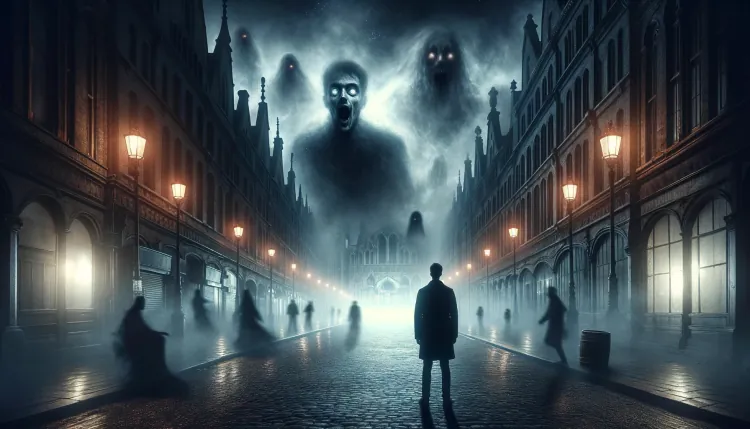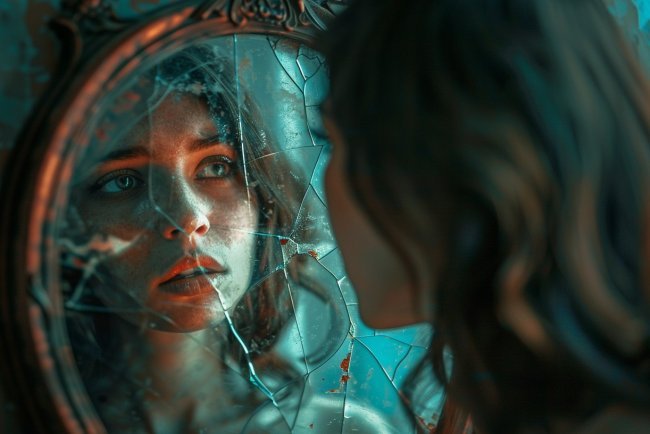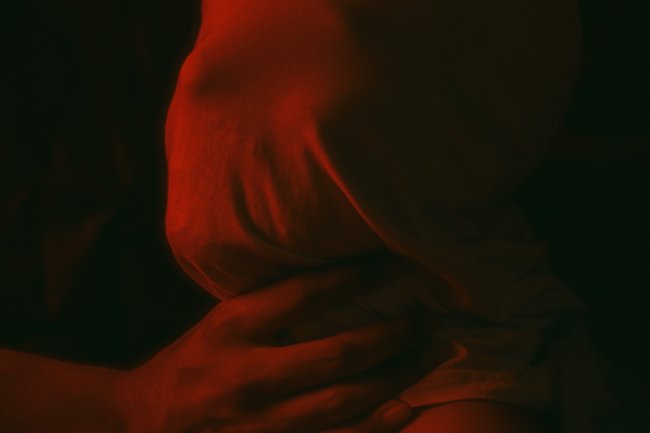Déjà Vu: Exploring the Mysteries of the Mind
The fascinating phenomenon of déjà vu. Learn about its characteristics, leading theories explaining this mysterious sensation, and current research shedding light on how our brains process memory and perception

Déjà Vu: Understanding the Mysterious Phenomenon
Déjà vu, a French term meaning "already seen," refers to the uncanny sensation that you’ve experienced something before, despite knowing that you haven't. It's a fascinating phenomenon that has intrigued scientists, psychologists, and philosophers for centuries. While the sensation itself is fleeting, its implications have stirred curiosity about how the human brain functions and perceives reality.
Characteristics of Déjà Vu
-
Familiarity vs. Recognition: During a déjà vu experience, individuals often feel a strong sense of familiarity with their current surroundings or situation. However, they also recognize that they shouldn't logically feel this way. This discrepancy between familiarity and recognition is at the heart of déjà vu.
-
Short-Lived: The sensation typically lasts for only a few seconds. People usually realize that the feeling is irrational after it passes.
-
Frequency: Studies estimate that up to 60-70% of people have experienced déjà vu at least once in their lives. It appears more frequently in younger people and may be less common as individuals age.
Theories Explaining Déjà Vu
-
Memory Mismatch: One leading theory suggests that déjà vu occurs due to a mismatch in how the brain processes short-term and long-term memories. This theory proposes that the brain mistakenly interprets a new experience as one already stored in long-term memory.
-
Dual Processing Theory: According to this theory, there are two streams of information processing happening simultaneously in the brain. If these streams fall out of sync, the brain may perceive current experiences as memories, leading to a déjà vu sensation.
-
Hologram Theory: Some researchers hypothesize that memories are encoded in a distributed, holographic manner. When a new experience triggers a small fragment of a past memory, the brain reconstructs the entire memory, creating a false sense of familiarity.
-
Neurological Causes: In some cases, déjà vu is associated with temporal lobe epilepsy. People with epilepsy might experience intense déjà vu just before a seizure, which has led to speculation about specific brain regions involved in this phenomenon.
Current Research
Modern neuroscience research employs functional MRI and other imaging techniques to study déjà vu in laboratory settings. Researchers induce déjà vu-like sensations by using hypnosis or virtual reality environments to simulate familiar scenes. Understanding the neural underpinnings of déjà vu can provide insight into memory formation and retrieval.
Conclusion
Déjà vu remains an enigmatic but captivating psychological experience. While science continues to probe the phenomenon's mysteries, it serves as a reminder of the brain's complexity. Whether rooted in memory glitches or complex cognitive processes, it sparks questions about how we perceive and relate to the world around us.
What's Your Reaction?






















